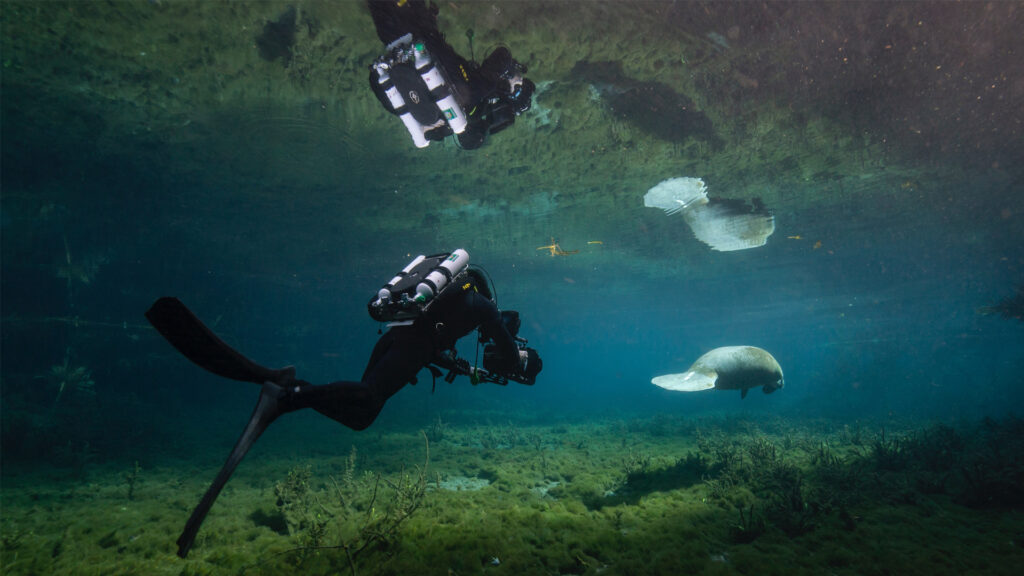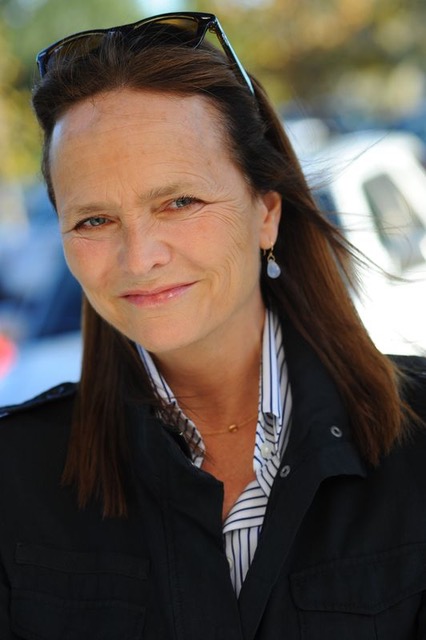By Katie Carpenter, Everwild Media
No matter who you voted for, there is one thing we will all need going forward: oxygen.
Here in Florida, we argue plenty, but most of us love the salty life. We brag about our 1,300 miles of shoreline, longer even than the California coast. We love our boats and boards; we can’t resist getting sand between our toes and salt on our skin.
In Florida, you’re always pretty close to a beach – in fact, you can never get farther than about 60 miles away from the ocean. Which is a good thing, because it helps us breathe.
“Protecting our ocean is more than a conservation measure – it’s a lifeline,” stated National Geographic Explorer in Residence Enric Sala and Antha Williams of Bloomberg Philanthropies. Every second breath we take is oxygen provided by the ocean. It feeds us, nourishes our psyches, provides jobs as well as joy.

Yet just off Florida’s shores, ocean temperatures have been measured above 100 degrees, and our marine creatures and coral reefs are being pummeled by ocean heat waves.
I have filmed underwater around the world, but undersea Florida is my favorite movie set. We’ve filmed with bottlenose dolphins in the Indian River Lagoon and the famous clownfish from “Finding Nemo” off Key Largo. We’ve recorded the songs of whales and zoomed in on baby manatees just a few days old. It’s been a privilege to spend time with these charismatic Floridians, but lately, our films are becoming too dark for TV.
There has been a catastrophic decline in underwater wildlife in the last 50 years – we have lost 56% of our marine species, according to the World Wildlife Fund.
It’s impossible to look away from the case of the smalltooth sawfish. Last fall, they were seen desperately spinning in tightening circles. Florida Keys residents and tourists stared in shock as these remarkable fish turned upside down and died right before their eyes.
Marine scientists are working overtime studying the declines in other species too, such as sea turtles, sharks, rays, manatees, bass, sturgeon and more.
“Simply put, our blue ocean is flashing red,” asserted Sala and Williams. The ocean needs us, and we need it even more. We need it clean, cool, habitable for all, breathing oxygen out for us and making climate solutions happen, too. The ocean is full of climate solutions. We will still need to reduce our greenhouse gas emissions, but maybe the ocean could buy us more time.
“The ocean not only sustains us, but is also our best hope for solving the climate crisis,” said Peter De Menocal, head of the Woods Hole Oceanographic Institution. The institution’s scientists and more are working on this problem out at sea and in their labs, hot on the trail of a new climate solution called marine carbon dioxide removal.
There is hope that the ocean’s role as a carbon sink can be bolstered. Researchers around the country are testing ocean alkalinity enhancement, iron fertilization, kelp and seaweed cultivation, electrodialysis and more to determine their safety and effectiveness for pulling excess carbon dioxide from the atmosphere. Since we’re still pumping out lethal levels of greenhouse gas emissions, we need gigaton-scale climate solutions now.

This comes to mind now because newly elected officials at the federal level will be weighing the future of our scientific funding. In the 2024 budget, NASA received over $24 billion in funding, while the National Oceanic and Atmospheric Administration (NOAA) got slightly more than $6 billion. How can we shortchange the agency that looks after hurricanes, climate change, sea level rise, marine protected areas and all our ocean issues? They’re in charge of the future of fish!
Our new president has colleagues and advisors who say they’d like to close NOAA, or at least privatize its essential components like the National Weather Service. That could mean only wealthier residents or communities will get unfettered access to extreme weather forecasts, because they’d be hidden behind a paywall.
The top issues during this fall’s election discussion have been varied — the economy, immigration, foreign wars and health care are all extremely important. But what could be more important than breathing, or being prepared for a rogue tornado, or having fish in our seas?
We should tell anyone who’s listening that we need ocean protections and climate solutions now more than ever.
Katie Carpenter is a West Palm Beach-based filmmaker with Everwild Media (www.everwildmedia.com), producing documentaries about conservation, climate change and solutions. Banner image: A diver explores the reef at Florida Keys National Marine Sanctuary. (National Marine Sanctuaries, Public domain, via Wikimedia Commons).
If you are interested in submitting an opinion piece to The Invading Sea, email Editor Nathan Crabbe at nc*****@*au.edu. Sign up for The Invading Sea newsletter by visiting here.



